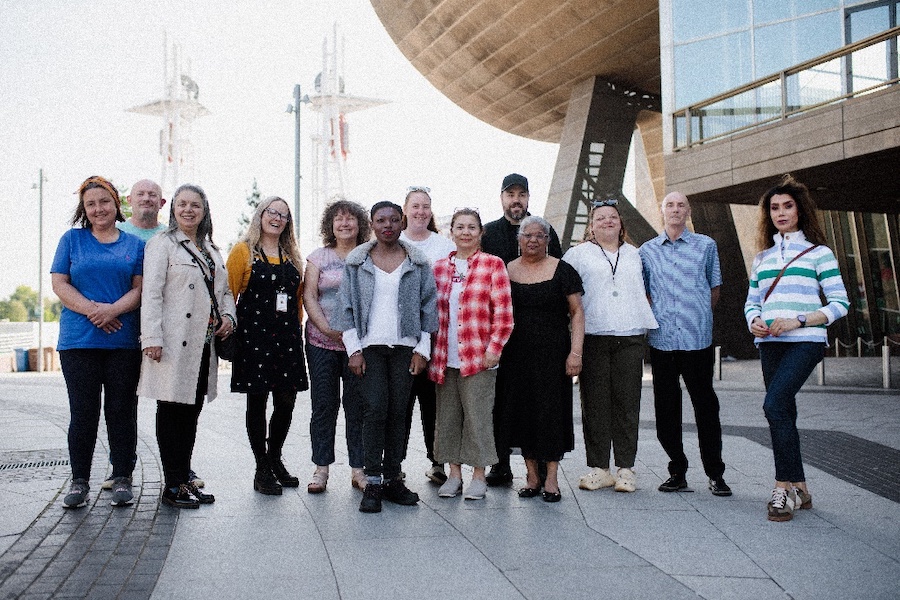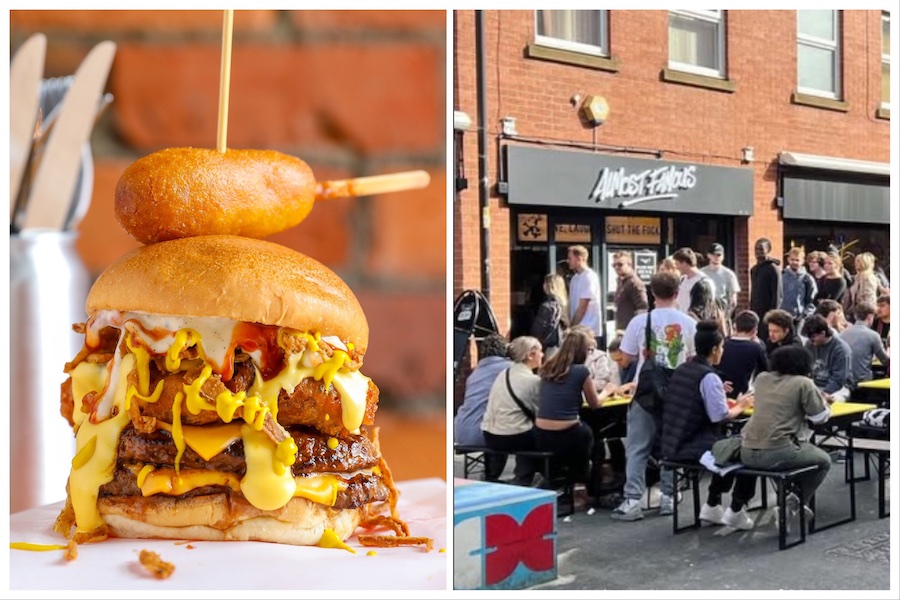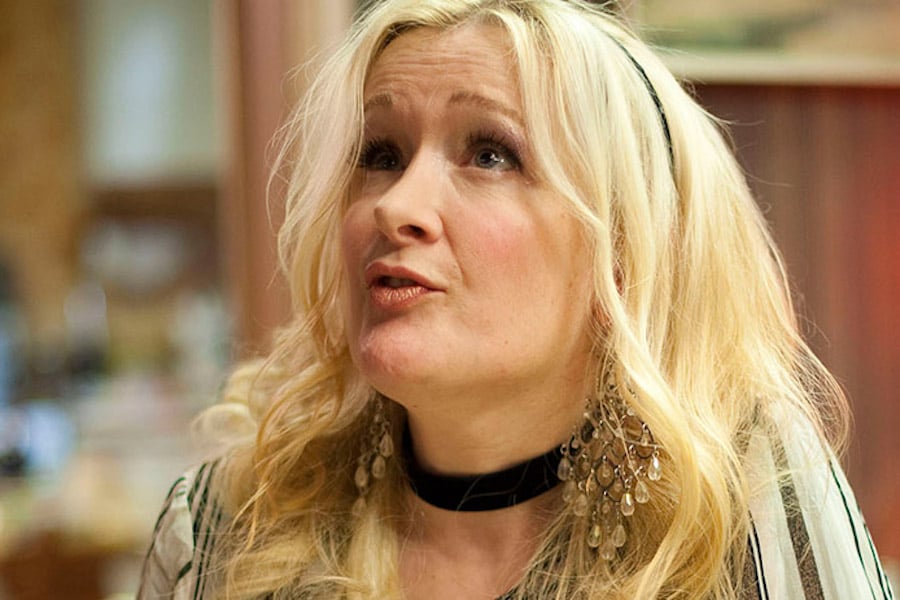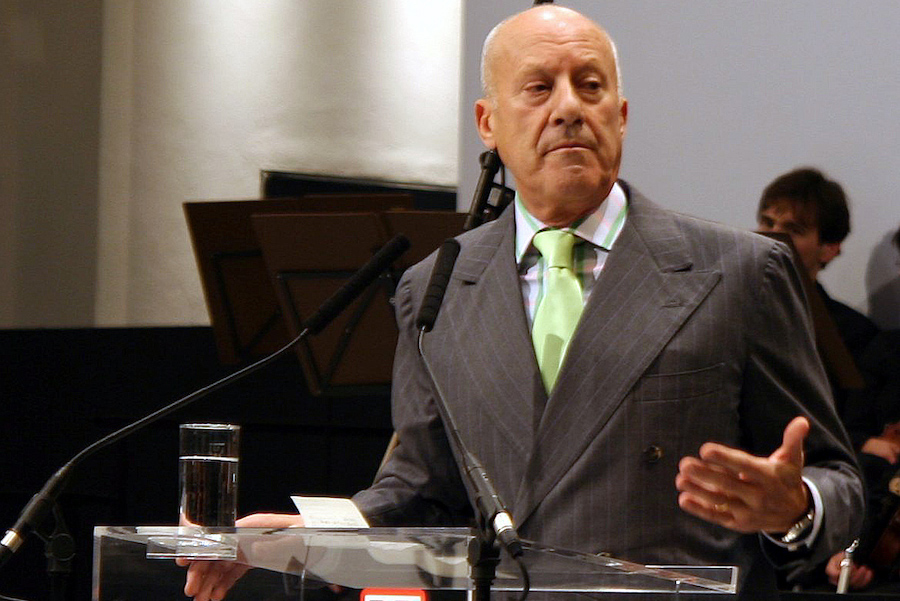Top tips for a blundering novice on how to choose a decent bottle of wine
- Written by Tom Ingham
- Last updated 9 years ago
- Food & Drink
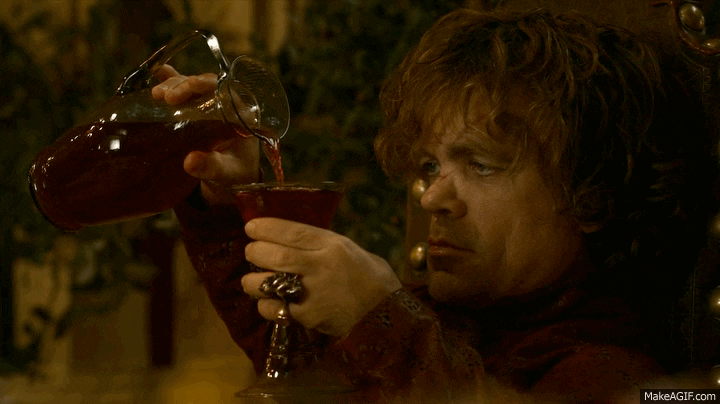
As someone who feels comfortable pontificating about craft beer, craft spirits and speciality coffee, I’ve always hit a brick wall when it comes to saying anything even vaguely coherent about wine, other than observing its colour. Despite enjoying endless hours of Oz Clarke’s many great TV programmes, his alcoholism – sorry, expertise – is yet to rub off on me.
I have always found Oddbins to be an accessible wine retailer. Their employees are incredibly knowledgeable and approachable – a winning combination when it comes to buying a bottle of vino. So I headed over to their Chorlton shop to get some advice from Rob and Callum about buying, tasting and understanding wine.
Understanding labels
Rob: There’s still a new a New World versus Old World split. New World tends to name the grape. Some still name regions and appellations but by and large they name the grape. I have to say I do like the defiant spirit of the Old World wines which tend to have a more interesting back story as a result.
Callum: Burgundy wines come from different districts. Some of them will be the top stuff and some will be very different depending on where the grapes were grown. For example, Mâcon Villages and Renommée are smaller areas in the Burgundy region than Bourgogne. Some would take the view that the quality will be better in smaller concentrations, but this isn’t definitive, as you can still get cracking Macon Villages and awful Nuits St Georges. But this is just a rule of thumb.
We’re opening this beautiful burgundy for you all as a midweek treat. Free to try all day#Chorlton #WineWednesday pic.twitter.com/ES91h88RYh
— Oddbins Chorlton (@OddbinsChorlton) July 13, 2016
When I visited Châteauneuf-du-Pape I was told by a tour guide that the winery needed to be in larger font, and the region needed to be smaller and more secondary as some producers rely on the regions reputation rather than the quality of their own wines. Any truth?
Callum: France is so intimate and complex that this may be true for Châteauneuf-du-Pape but it’s not a rule you can apply to the wider world of wine. As we said with the Burgundy wines, it helps to be somewhat familiar with the vineyard to extract meaning from the label. With French wines if you see the words Product of France it means the grapes can have come from anywhere in the country and therefore tend to be at the lower end of the flavour and price spectrum (or ‘crap’ in laymen’s terms).
Finding wines you like
Callum: You need to taste different grapes and then seek advice as to how you can find good examples of those varieties. Oddbins are the next step up from supermarkets. This is reflected in our price, product and service.
Rob: Elitism in wine should be dead by now. There’s no place for it. We ask people if they would like our help but we don’t impose on people who want to browse or choose by themselves.
Here’s a little tip. Do let them help you. Oddbins buyers are masters of wine and they fly out to areas like Burgundy and taste the wines at the vineyard. So when you walk in and see a member of staff, they’re more than likely to have an understanding of what wines are in stock and what wines are great in different price brackets. Always chat to them, they’re not there to lecture.
Callum: We employ people to ensure the wine we sell is good and crucially we’re not tied down to buying in bulk to fill hundreds of large supermarkets across the county. But we are large enough to train and invest in our staff. We do two free tastings a week and one tasting event a month. Other smaller shops have enomatic machines where you can buy 50ml for a nominal price just to sample the wine. It’s all part of the growing experience-based culture where people just want to try their hand at everything from butchering a cow to sampling a vintage Burgundy.
Good vintages v bad vintages
There’s undoubtedly confusion surrounding good and bad vintages of wine, as bad vintages can actually be really nice. So what’s the deal with these seemingly binary labels?
Rob: A bad vintage usually refers to the weather in a certain year. If it rains a lot it’s more common for grapes to rot and get diluted, and as a result you end up with a lower yield at the end of the year. It takes the consistency out of producing, but it doesn’t mean the bottle you end up with is necessarily bad.
Callum: A region will say if they’re having a bad year. For example, 2011 was a bad year for Bordeaux wines, but 2005 was a great year. So as a general rule, if I see a 2005 Bordeaux that’s reasonably priced I’ll buy it. That being said, bad vintages don’t only produce bad wine. Some of my favourite Bordeaux are 2011s.
Rob: Some sommeliers claim to be able to taste how much sunlight the grape received as well as the thickness of the skin. We’re not quite at that level yet.
Callum: Portugal is a country with very consistent weather and that means it’s been almost 20 years since they’ve had a bad vintage or sub-silver/gold standard wines. Portugal is also home to some of the best value for money wines. Argentina and Italy are very good too. Again, you have to research these things to know what years were good and what years were bad. Decanter magazine rate regions out of 100 depending on the year, which can be a useful starting point.
And the @OddbinsChorlton @thesardinistas Portuguese tasting is off to a flying start. pic.twitter.com/5CYQnLX6mq
— Oddbins Chorlton (@OddbinsChorlton) June 16, 2016
Rob: Generally speaking, Old World Europe is not as consistent in producing wines as the US and Australia, but then again it’s those inconsistencies that give Bordeaux wines their mystique.
Trashy wines and stereotypes
Certain grape varieties struggle to shake an image. For example, when it comes to Chardonnay, some people associate it with a pile of vomit outside Wetherspoons, but thankfully there’s more to the grape than that.
Callum: Chardonnay is one of the most versatile grapes. It doesn’t deserve a bad reputation. I think it has this stigma because in the 1990’s boatloads of cheap Australian Chardonnay came over to the UK, and that was the type of drink to repeat on you. As for reds, people seem to turn those noses up at Merlot. Some think it’s too soft and fruity rather than being complex. The movie Sideways also had something to do with it in the US I think.
Matching food with wine
Callum: It’s becoming more and more common that people will ask us for wine for a certain occasion. There’s so much detail you can go into here, but if you think light dish, light wine – and vice versa – that should keep you safe, most of the time. When it comes to curry and spicy foods I tend to go for light reds like Beaujolais. Crucially there are no tannins in the wine and it has a nice plummy finish that goes really well with spice. Wine should really be sweeter than the food. Sweet and salty go well, very acidic wine and sweet food don’t match as the wine/food can become too tart. Acidic wines go with rich foods very well. You want to try and match the weight of the meal with the weight of the wine.
Feel the force of Oddbins! Our selection of wine and beer is out of this world! pic.twitter.com/VBOlVh0bmm
— Oddbins Chorlton (@OddbinsChorlton) May 14, 2016
In a post-Brexit world, can we rely on English wine?
Callum: It rains too much for English wine to really become a player but Gusbourne in Kent do some really good sparkling wine. I’ve not tasted anything else from other English vineyards that I can say was truly great. We deal in euros and dollars, so it’s been quite a concern what’s going to happen post-referendum. But for us it’s just a waiting game. No one knows how things will pan out.
So, in short, find which grape varieties you like, ask staff for their advice on what to buy, research different regions (the top estates and which years were good vintages) and most importantly, go out and try lots of wine! Hic.
- This article was last updated 9 years ago.
- It was first published on 1 August 2016 and is subject to be updated from time to time. Please refresh or return to see the latest version.
Did we miss something? Let us know: [email protected]
Want to be the first to receive all the latest news stories, what’s on and events from the heart of Manchester? Sign up here.
Manchester is a successful city, but many people suffer. I Love Manchester helps raise awareness and funds to help improve the lives and prospects of people across Greater Manchester – and we can’t do it without your help. So please support us with what you can so we can continue to spread the love. Thank you in advance!
An email you’ll love. Subscribe to our newsletter to get the latest news stories delivered direct to your inbox.
Got a story worth sharing?
What’s the story? We are all ears when it comes to positive news and inspiring stories. You can send story ideas to [email protected]
While we can’t guarantee to publish everything, we will always consider any enquiry or idea that promotes:
- Independent new openings
- Human interest
- Not-for-profit organisations
- Community Interest Companies (CiCs) and projects
- Charities and charitable initiatives
- Affordability and offers saving people over 20%
For anything else, don’t hesitate to get in touch with us about advertorials (from £350+VAT) and advertising opportunities: [email protected]
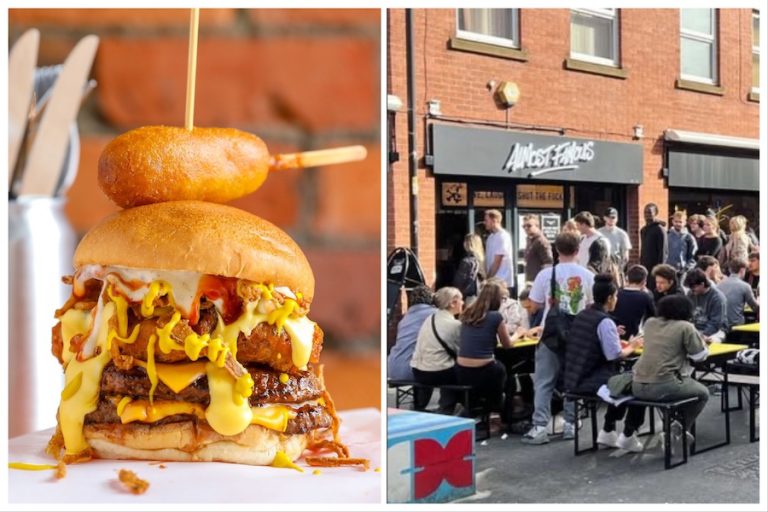
Almost Famous brings back its most legendary burger – for one month only
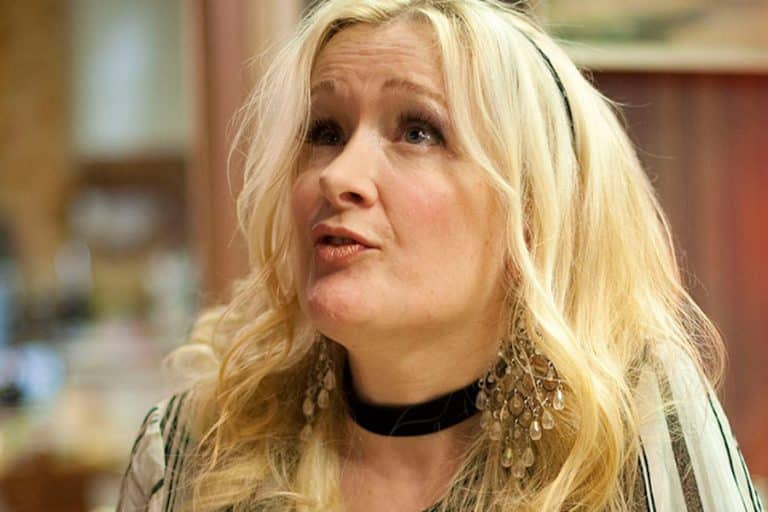


The world-renowned Mancunian architect behind Old Trafford’s future

Manchester United reveal plans for new 100,000-seater stadium – set to be UK’s biggest








